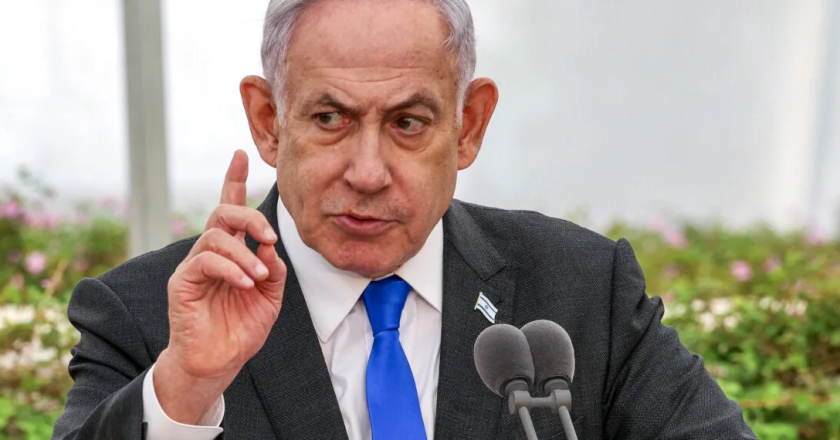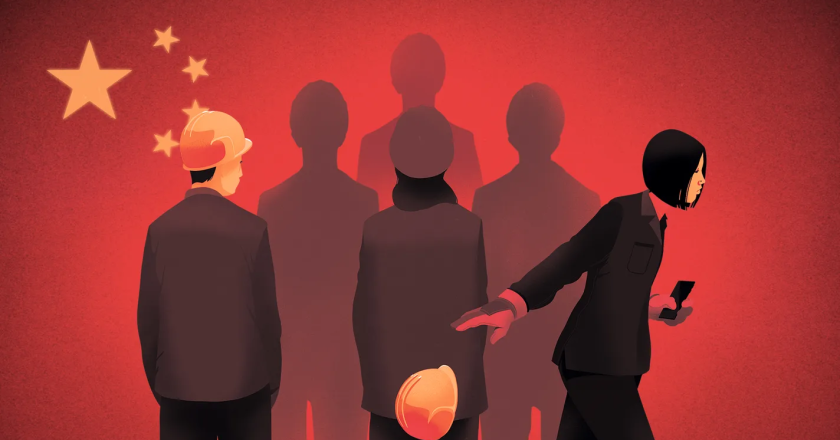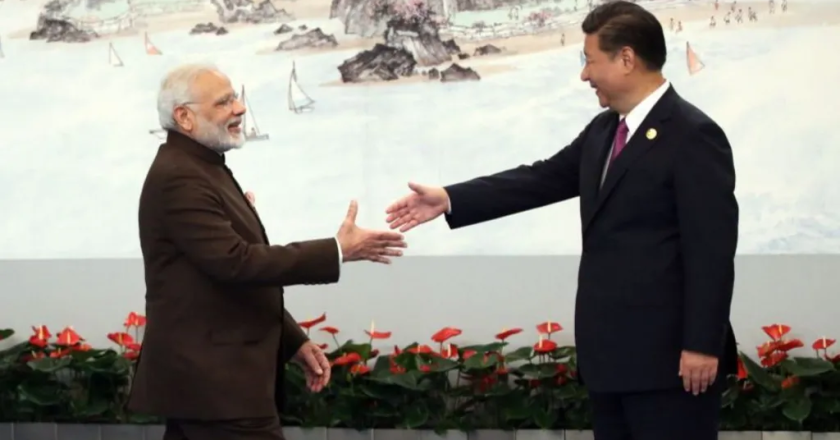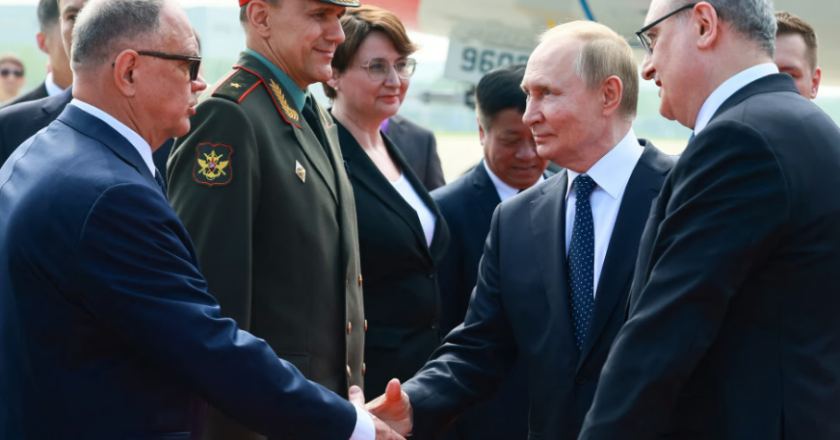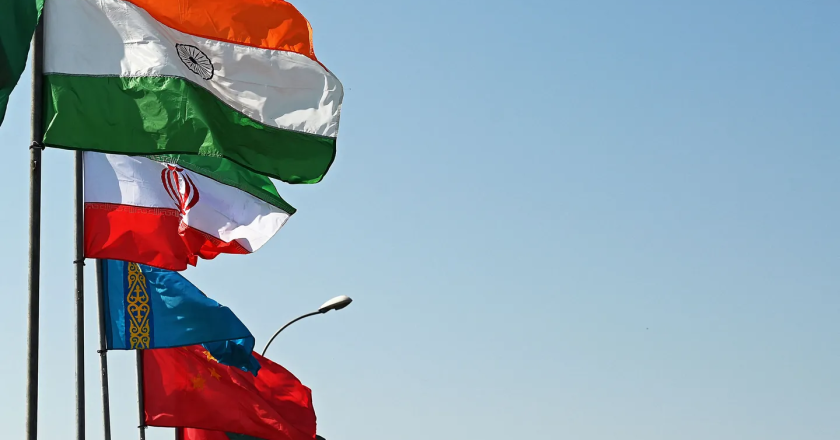What to know after U.S. says it has reached framework deal with China to keep TikTok in operation
TikTok users in the U.S. may get a reprieve from the threat of a shutdown after the Trump administration announced it has reached a framework deal with China for the ownership of the popular social video platform.
U.S. Treasury Secretary Scott Bessent said in a press conference after the latest round of trade talks between the world’s top two economies concluded in Madrid that U.S. President Donald Trump and Chinese Premier Xi Jinping would speak Friday to possibly finalize the deal. He said the objective of the deal would be to switch to American ownership.
He did not disclose the terms of the deal, saying that it is between two private parties, but added that “the commercial terms have been agreed upon.”
Little is known about the actual deal in the works


